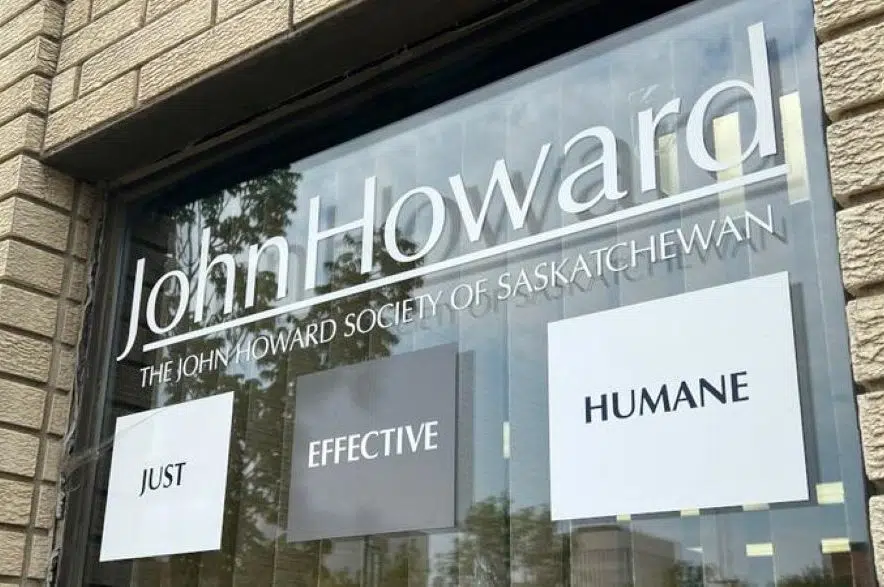By Nigel Maxwell
A new program launched by the John Howard Society of Saskatchewan (JHSS) aims to help people with criminal records who may be in search of a job, a place to live or applying for school.
The Record Suspension Services program is a free service available to all Saskatchewan residents. Trained caseworkers offer support and guidance to people with eligible criminal records as they navigate the complicated application process.
While a Record Suspension (formerly “pardon”) does not erase the fact someone was convicted of a crime, it stops that information from being shared. In addition to helping with job and school applications, it also helps people secure rental housing and provides them with the ability to travel outside of the country.
Once an application is granted, information about the conviction will be taken out of the Canadian Police Information Center (CPIC). JHSS CEO Shawn Fraser is excited about the opportunities this program will open for people.
“Criminal records are more common than people imagine. There are many people from all walks of life in our society who have an outstanding criminal record,” he said.
“It impacts everything from employment to housing to travel. People deserve a chance to move forward in life. When someone’s debt to society has been repaid, they should have an opportunity to move forward in life.”
A Record Suspension has no effect on prohibitions such as restraining orders, firearm restrictions, and driving restrictions. Most provincial and municipal criminal justice agencies also limit access to their records once they are told that a Record Suspension has been ordered.
Jessica April, a case worker in Prince Albert, noted there’s a lot of people who were not aware Record Suspension was available.
“I’m getting lots of good feedback because it’s definitely kind of closing peoples’ past and they are able to have that closure and be able to move forward without having to repeat their story over and over again,” she said.
A person can apply for a Record Suspension if convicted of an offence in Canada under a federal act or regulation of Canada as an adult, or in another country and was transferred to Canada under the Transfer of Offenders Act or International Transfer of Offenders Act.
Those not eligible are people convicted of a sexual offence involving a child, or if they have four or more indictable offences that came with a prison term of two years or more.
Noting she’s helped address a wide range of concerns from contacting travel agents to just giving someone peace of mind, April explained it’s quite common to see people hitting barriers, and go from feeling excited about a job application and hopeful, then have to start over when the criminal record check gets returned.
“Some of the people for the most part, their charges were 30 years ago, and now they’re having to repeat the story and we’re in such a day and age where everyone is so hesitant to trust people,” she said.
The Record Suspension Services program operates Monday through Friday between 9 a.m. and 4 p.m. More information can be found here.
Acknowledging people can fill out their own form, April explained it can become confusing for someone who may not understand court lingo and that’s where case workers like herself can provide a valuable resource.







